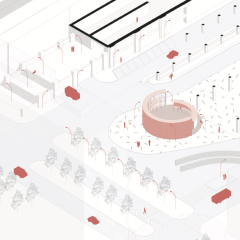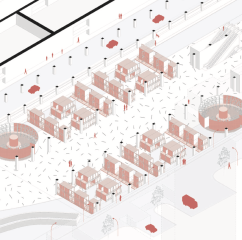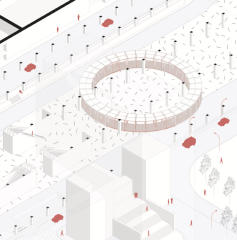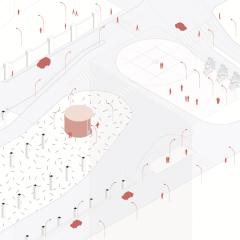There are three main groups of media followed according to language. First and the biggest group involves media produced in french language, second group is followed by flemish speaking population and third group consist of media produced in other languages - mostly only broadcasted from their country of origin. French and Flemish media are produced in Belgium and so inform about situation in country and foreign issues from its perspective. This leads to condition that Brussels inhabitans of no knowledge of french and/or flemish language can not simply understand what is ‘going on’ in the country/city they live in. Following foreign media creates a ‘life-in-bubble’ effect and huge polarization among Brussels population. In this case media are one of the reason of polarisation, but on the other hand they are great opportunity in problem solving.
Brussels is one of the most international cities, due to the highest percentage of residents from foreign origins (based on World Migration Report issued in 2015) after Dubai. Huge amounts of expats consider it as their home. Approximately 30% of the population of the Brussles Capital Region are non-belgian citizens, and more then half of resi- dents have foreign roots. As the self-proclaimed ‘Heart of Europe’ – a center of global political compromise, this bilingual capital mostly remains Bruxelles, a small, chaotic French-speaking city in western Europe. Unfortunately in reality, Brussels is city with an unintelligible bureaucracy, unclear vision of the future, a failed mobility-plan, a closed mind towards international opportunities and most of all divided communities. It appears that one of the very reason of non-consistent society is official bilingualism, which causes huge range of media followed among Brussel’s communities.

Architectural Intervention: Forum

Architectural Intervention: Nomadic spa, Nomadic capsule living

Architectural Intervention: Inclusion structure

Architectural Intervention: Nomadic radio

